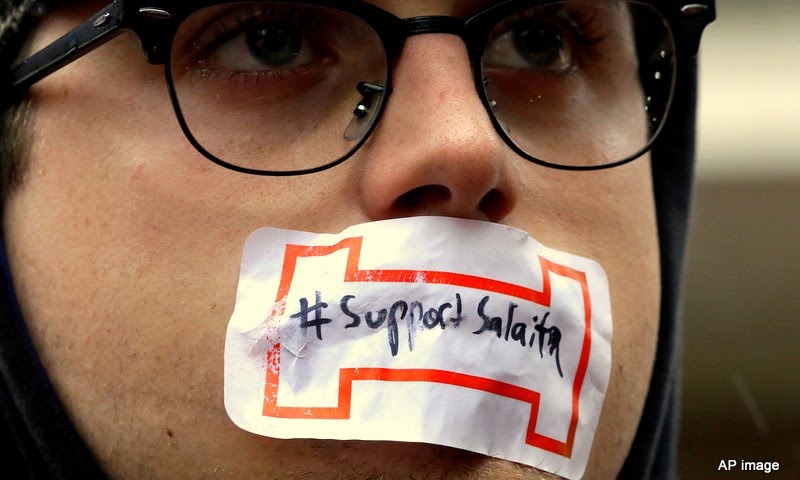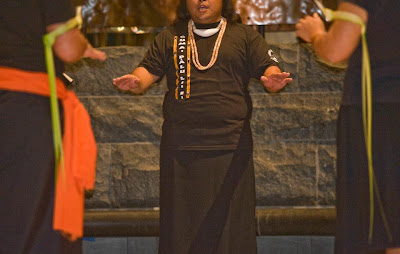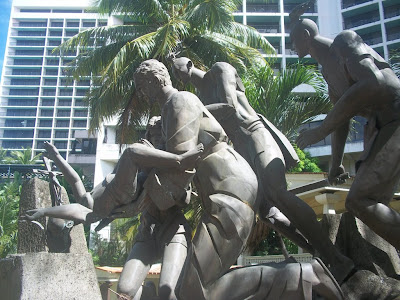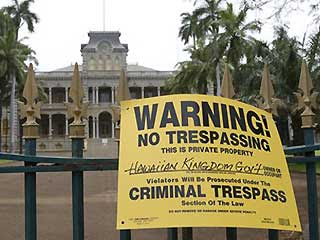Klas Mamfok
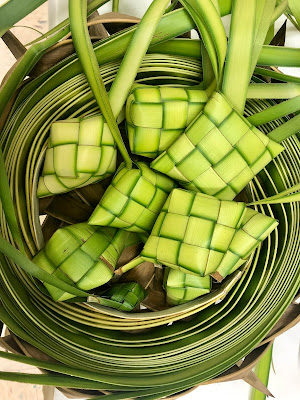
Ever since we created the Chamorro Studies Program at UOG, there has been an expected tension within the university over what should or should not constitute the program offerings. While there isn't much debate over whether the Chamorro Studies program should offer courses in Chamoru language, Chamoru history or that discuss Chamoru culture from a theoretical perspective, there are regular disagreements over whether or not the program should offer "culture" courses. As someone who went off to grad school with the intent of helping to "decolonize" the University of Guam, a place where I had received my BA and my first MA, this conflict is usually very personal. Most everyone can agree that academia should make room for "indigenous knowledge" in a trendy or fad-like sense. In the same way in which everyone might want to connect something about climate change to their work to be aligned with prevailing intellectual currents, we find something similar in
